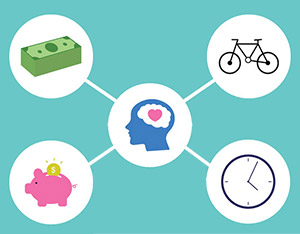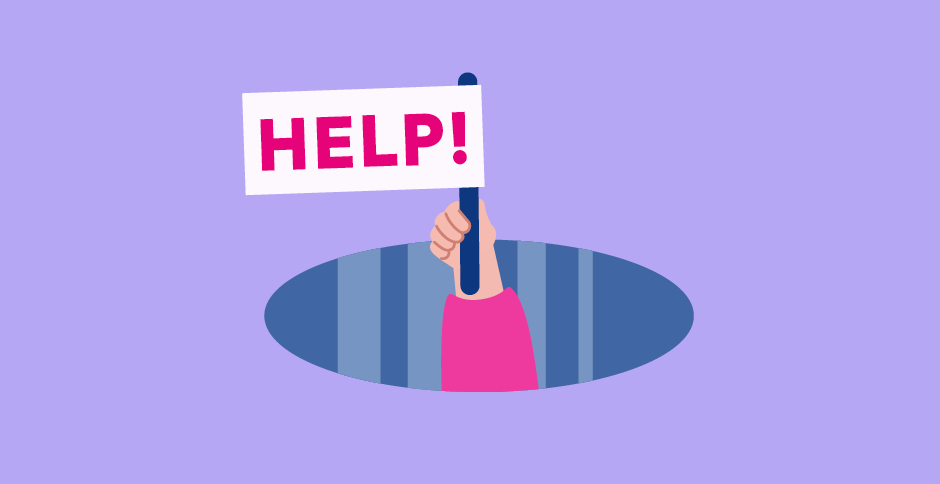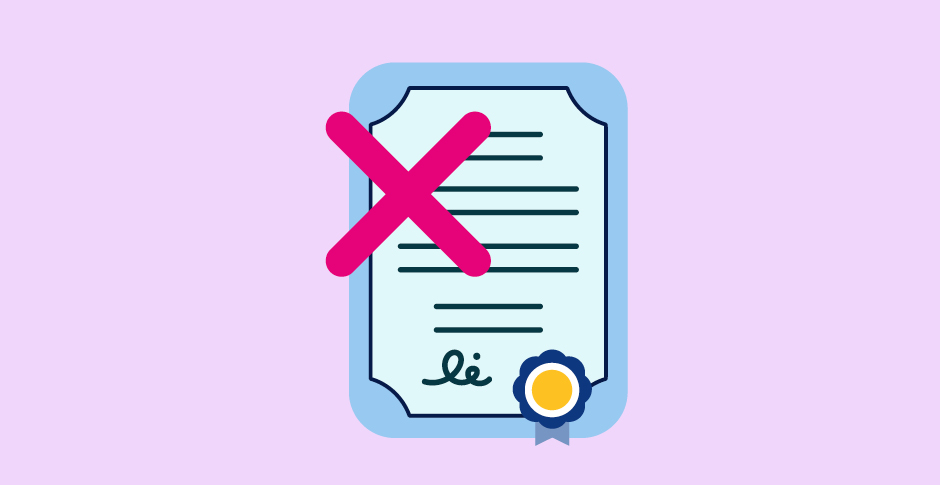There are lots of things you need to consider when changing jobs. Will you like your new colleagues? Are there sufficient development opportunities available? What are the perks and benefits like? These are all valid, but there are also some practical, but serious, considerations that every candidate needs to make when they look to that next opportunity. Here are our top five.
“You should check that your super is in one, high performing fund that has above average returns and low fees. Once you know you're in good hands, stick to that fund. Every time you change jobs, make sure you take your super fund with you. You don't want to end up with multiple accounts and multiple fees,” he says.
- Southern Cross and Super: No-one wants to wait in line for treatment in a public hospital, which makes free or subsidised medical insurance such as Southern Cross or nib a great perk to have in a job. So is life and/or income protection insurance. There are still some employers in New Zealand who offer good superannuation packages instead of or as well as KiwiSaver. Or they may offer more than the standard 3% employer contribution to your KiwiSaver. Insurance, KiwiSaver contributions and superannuation may not be money in the pocket. But they can make a huge difference to your financial future.
- Money, money, money. Financial considerations aren’t just related to your new salary. Before you get lost in the excitement of a new role (and potentially a better salary!) you need to consider what you will be owed from your current employer before you leave. Do you have annual or long service leave accrued that needs to be paid out? Are you a company shareholder? Did you have a company car, or did your employer pay your phone bill? If this is the case, consider how you’ll finance these things, and suitable product and service providers.
It’s best to have some money saved away to ensure that life as you know it doesn’t change too drastically, or cause you unnecessary stress. This means you’ll be able to continue paying for the expenses you usually do, and can prepare yourself adequately and comfortably – say, with new work clothes – for that next opportunity.
- The time between roles. You should also consider the time you’ll be without work as you transition from one role to another. Is it just a couple of days or will you have several weeks, or even months off until your new job commences? If you’ve got a longer period of time, did you intend on taking a holiday to refresh yourself before this next step? It’s important to work out how long you’ll be without work and a salary, to make the necessary changes to your life, and to make sure it’s a productive and stress free time. If you’ve left a job without securing a new one, then this is particularly important, as there’s no defined wait time.
- The new commute. Where is your new role and company based? Will you now be able to wake up 40 minutes early and stroll in? Or will you have an extra half hour and a few tollways added to your journey? Consider how you’ll get to work each day, if you can share the ride with anyone, and what the associated costs might be. If you’ve got some time off before starting your new role, try a practice run, to work out the most suitable method.
- Your happiness and mental wellbeing. All of above considerations will impact your happiness and mental wellbeing, and play a role in ensuring the transition from one job to another is free of anxiety and stress. Being organised and getting the practical elements of change under control will leave you more time to enjoy the rewards and perks of your fabulous new opportunity.



